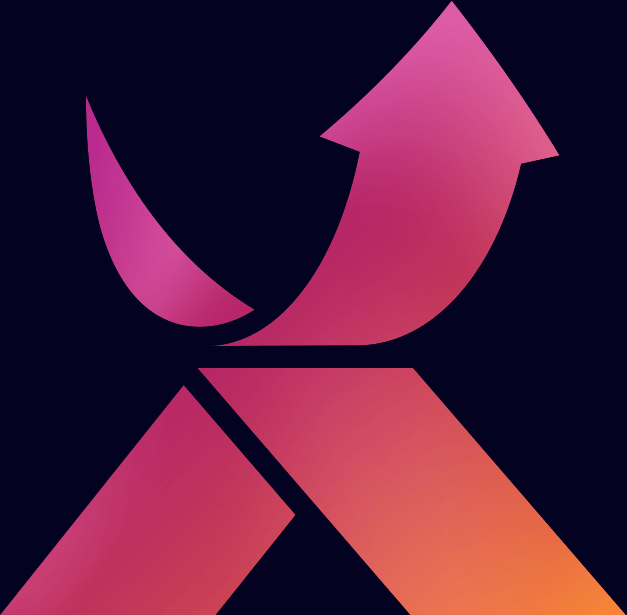
Access grants are becoming increasingly difficult to keep up with during the COVID-19 pandemic, since remote work environments require you to provide employees with access to more and more different resources that are better-suited to digital collaboration.
Most companies have to juggle access considerations spanning:
- People need a variety of resources (e.g., applications, entitlements, roles, groups)
- Many stakeholders are involved in granting access (e.g., IT, business app owners, people managers, etc.)
- IT has to make frequent exceptions to meet individual needs
- Your decisions must take many confusing frameworks and models into account (e.g., attribute-based or role-based access control, hierarchies, delegation, etc.)
In his blog, Aaron Yee, Group Product Marketing Manager at Okta, discusses the four most common Lifecycle Management (LCM) maturity levels Okta notices when it comes to how organizations get a handle on those access requirements and provides recommendations on steps to take control of their access grants.
- Stage 1: Manual Processes
- Stage 2: Basic Automation
- Stage 3: Leading Automation
- Stage 4: Visionary Automation
As smart teams progress through the various stages of identity lifecycle management maturity, they’ll enjoy dramatic benefits by more efficiently and effectively orchestrating their identity data, lifecycle processes, and the access grant workflows as discussed by Aaron Yees.
Read more about the various maturity stages and, in particular, the recommendations to improve the maturity level in the blog here.
Please contact your local Exclusive Networks Account Manager for more information on how Okta can help you customers to perfect dynamic (yet secure) access grants.


